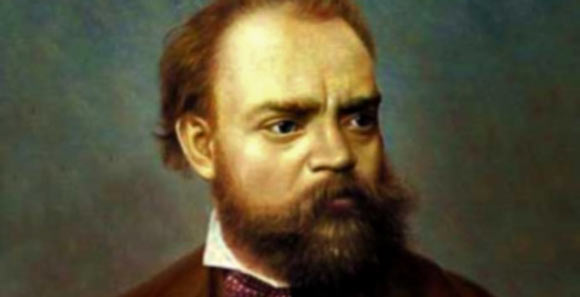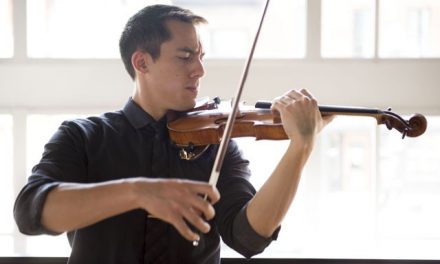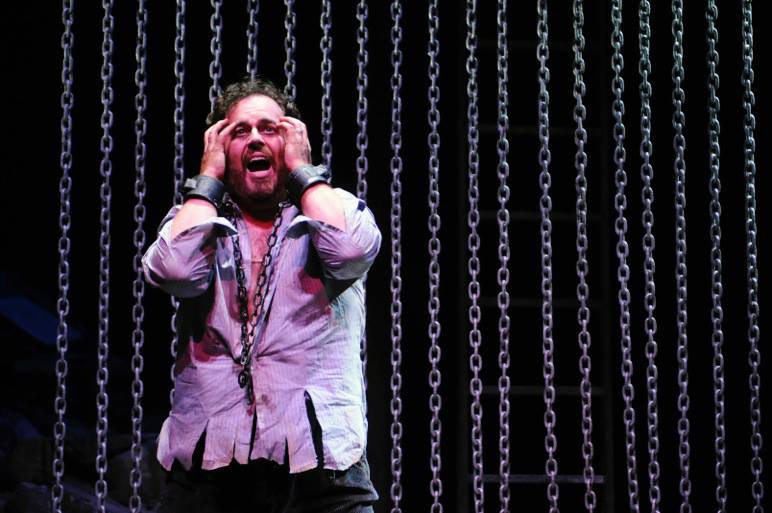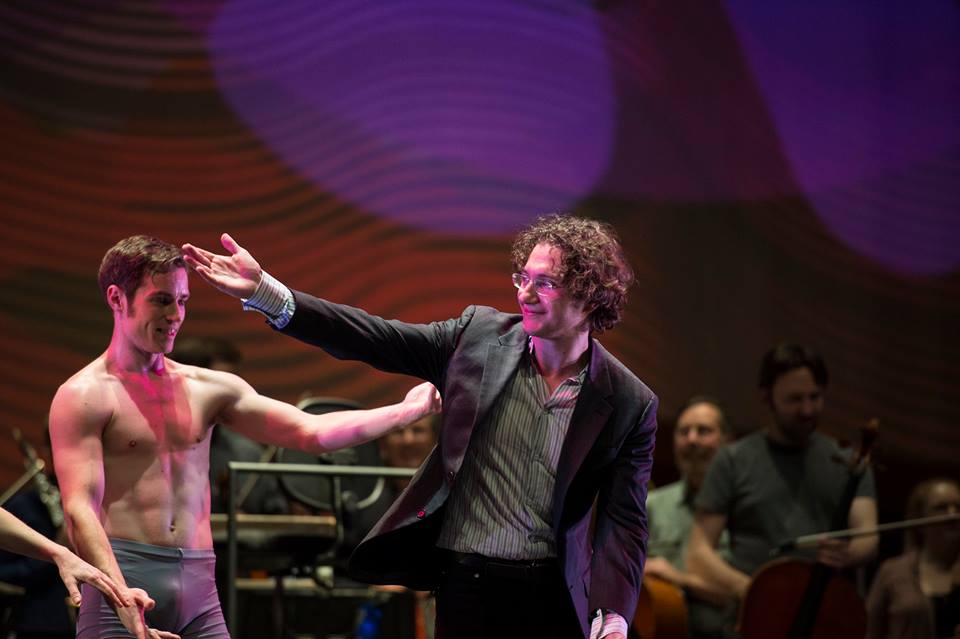Antonin Dvořák.
Czechs Mix: A Concert of Works by Czech Composers
The Louisville Philharmonia
Directed by Daniel Spurlock
Review by Annette Skaggs
Entire contents copyright © 2017 Annette Skaggs. All rights reserved.
With a cheeky title like “Czechs Mix” how can you go wrong?
Thursday evening, the lovely Harvey Browne Memorial Presbyterian Church played host to one of a handful of professional orchestras here in the Louisville area: the Louisville Philharmonia, who call themselves “The Musician’s Orchestra”.
If you are not familiar with this particular group, it is non-profit and volunteer-driven and relies on donations to cover costs such as instruments and facilities. I have attended several performances of this group that gets together for the sole purpose of making and performing music.
Under the masterful baton of well-respected Daniel Spurlock, who has a storied musical history in and around the community, I was delighted with the pieces that were chosen to help warm up an unusually chilly fall evening.
The evening focused on four composers of Czechoslovakian descent: Jaromir Weinberger, Josef Suk, Bedřich Smetana, and Antonin Dvořák.
Now, I am guessing that you are more familiar with the latter two composers, Smetana and Dvořák, but I was happy to see the other two on the playlist for a sense of variety. I do have some familiarity with Weinberger as he is known in the opera world. Lucky for me his opera, Schwanda the Bagpiper, was part of the program.
I won’t go into detail about the opera but it is based on the classic story of a person who sells his soul to the Devil and how he manages to get away. The evening’s selection was the Polka and Fugue. As the Polka began one could visualize a grand ballroom where women in large hooped dresses glide along the floor with their dance partners – elegant and swift. But, before one can get too comfortable within the trance-like state of the Polka, Weinberger throws in lots of whammies. Both sections have numerous quick key and time signature changes and it takes a sharp eye to keep all of those in line. Unfortunately, there were a couple of spots that the woodwinds would fall flat, but they recovered nicely. Also, the Fugue had some intonation problems overall but, again, the recovery was quick.
Josef Suk’s Fairy Tale Suite, featuring the First Movement, “The Constant Love of Raduz and Mahulena”, had similarities to Wagner’s Siegmund of the brilliant “Ring Cycle”. The suite is most definitely beautiful, Suk’s father-in-law Antonin Dvořák even said that it was “music from heaven”; featuring lovely lines in the harp and deft solo violin from concertmaster Matthew Lane. The talented orchestra does very well in highlighting aspects of the writing that can differentiate between pastoral and calm (oboes and other winds) to the harsh feel of fighting and clashing (entrance of stark horns).
I agree with what was written in the program notes about Smetana being regarded as the father to Czech music. He had a certain style that came to be linked to his love of county and the desire for freedom. The Philharmonia chose what is perhaps the most well known Smetana piece to our Western ears: “The Maldau” from his Má vlast Suite (My Country).
Set to the sounds of the Vlatava River, Smetana traces the hills, ripples, torrents, tributaries, nature, and all things that surround this river that he holds dear to him. Throughout the piece, his clever use of instrumentation exudes thoughts of the water (flutes and strings), wildlife (middle strings and woodwinds), and even the people who live by its mighty stream, which includes a delightful polka. While this piece is serene in most aspects, I think the violas could have presented a little more at certain points. The middle section has some of the best writing; I wanted to hear it a bit more.
Antonin Dvořák’s music has certainly shaped our collective music catalog. With a long list of choral works, concertos, symphonies, and even operas, he has added an indelible mark to music history.
Perhaps one of his best pieces, Symphony No. 9 (From the New World) was the choice of the evening and how delightful it was. The four movements, broken down: Adagio, Largo, Scherzo, and Allegro con fuoco span a time in the conductor’s life when he visited the United States at the beginning of the 20th Century. Within the piece, one can hear American influences strung throughout: including folk songs and spirituals.
As Maestro Spurlock was sharing some of the history of this piece with the audience, he told of how when the piece premiered at Carnegie Hall that the audience applauded after every movement. That evening’s audience followed suit. Yes indeed it was a good performance, save for the lead into the fourth movement where it seemed there was a deconstruction/disconnect of the orchestra as if they were a little lost on the path. Luckily, it was but a minute problem and the fourth movement began with great ferocity.
Bravi Tutti
Czechs Mix: A Concert of Works by Czech Composers
October 26, 2017
Louisville Philharmonia
At Harvey Browne Presbyterian Church
311 Browns Lane
St. Matthews, KY 40207
louisvillephilharmonia.org
Annette Skaggs is heavily involved as an Arts Advocate here in Louisville. She is a freelance professional opera singer who has performed throughout Europe and in St. Louis, Cincinnati, Boulder, Little Rock, Peoria, Chicago, New York and of course Louisville. Aside from her singing career, she has been a production assistant for Kentucky Opera, New York City Opera, and Northwestern University. Her knowledge and expertise have developed over the course of 25+ years’ experience in the classical arts.





